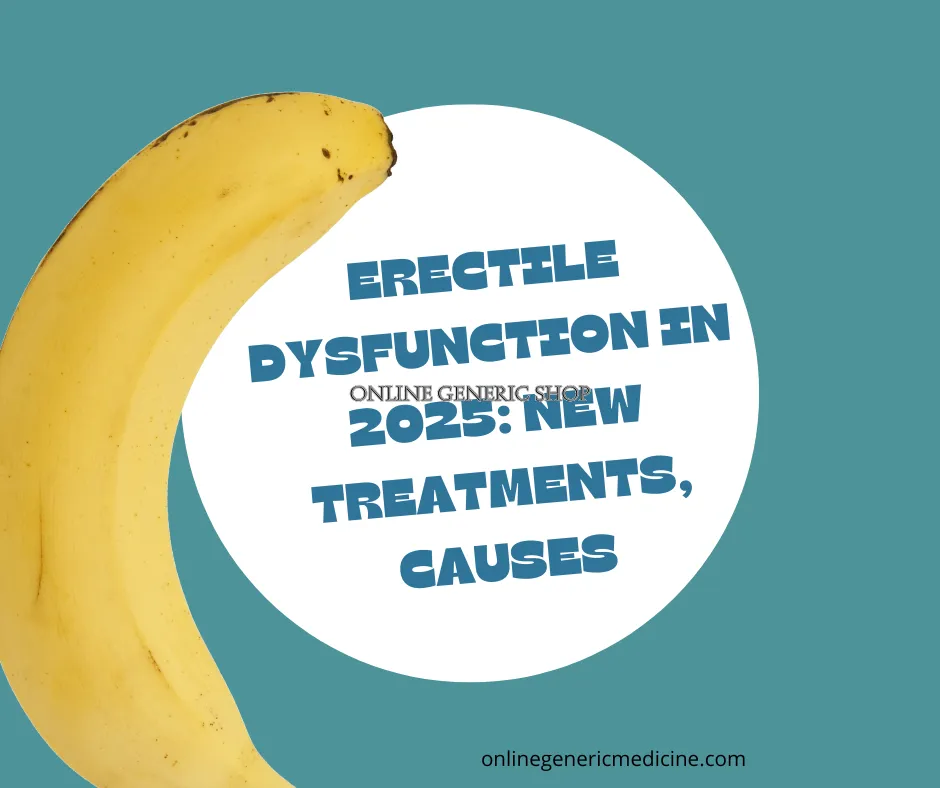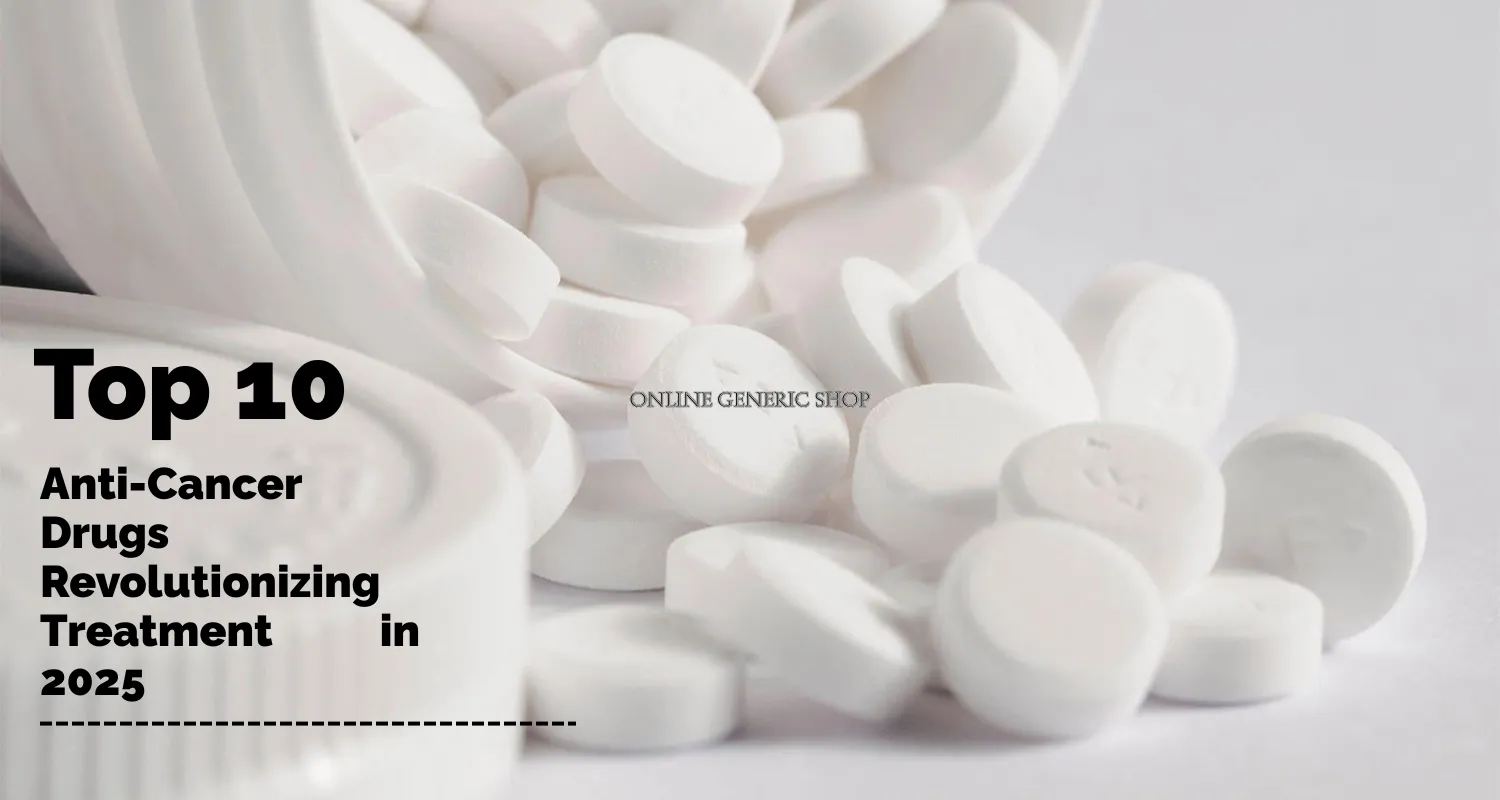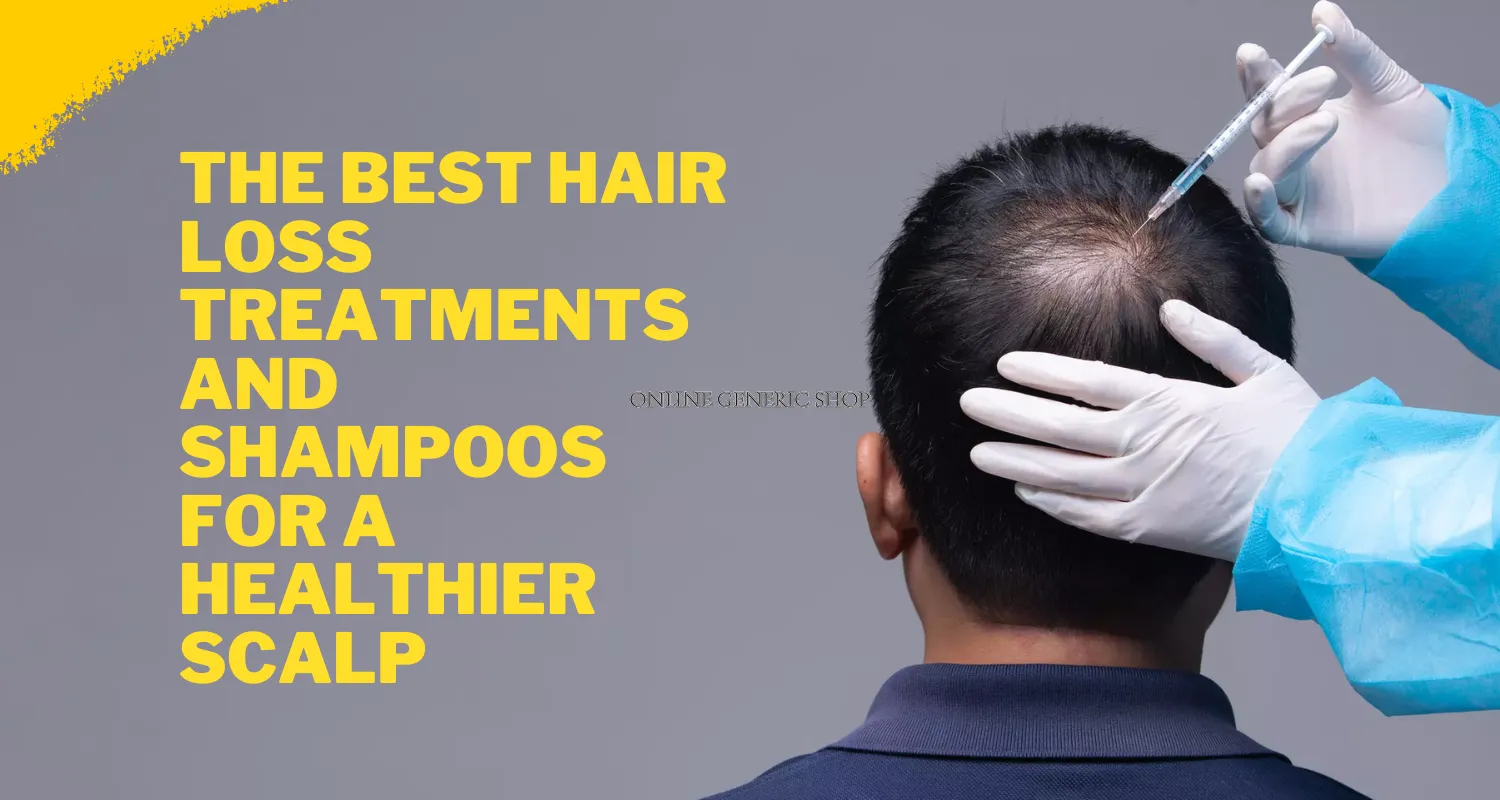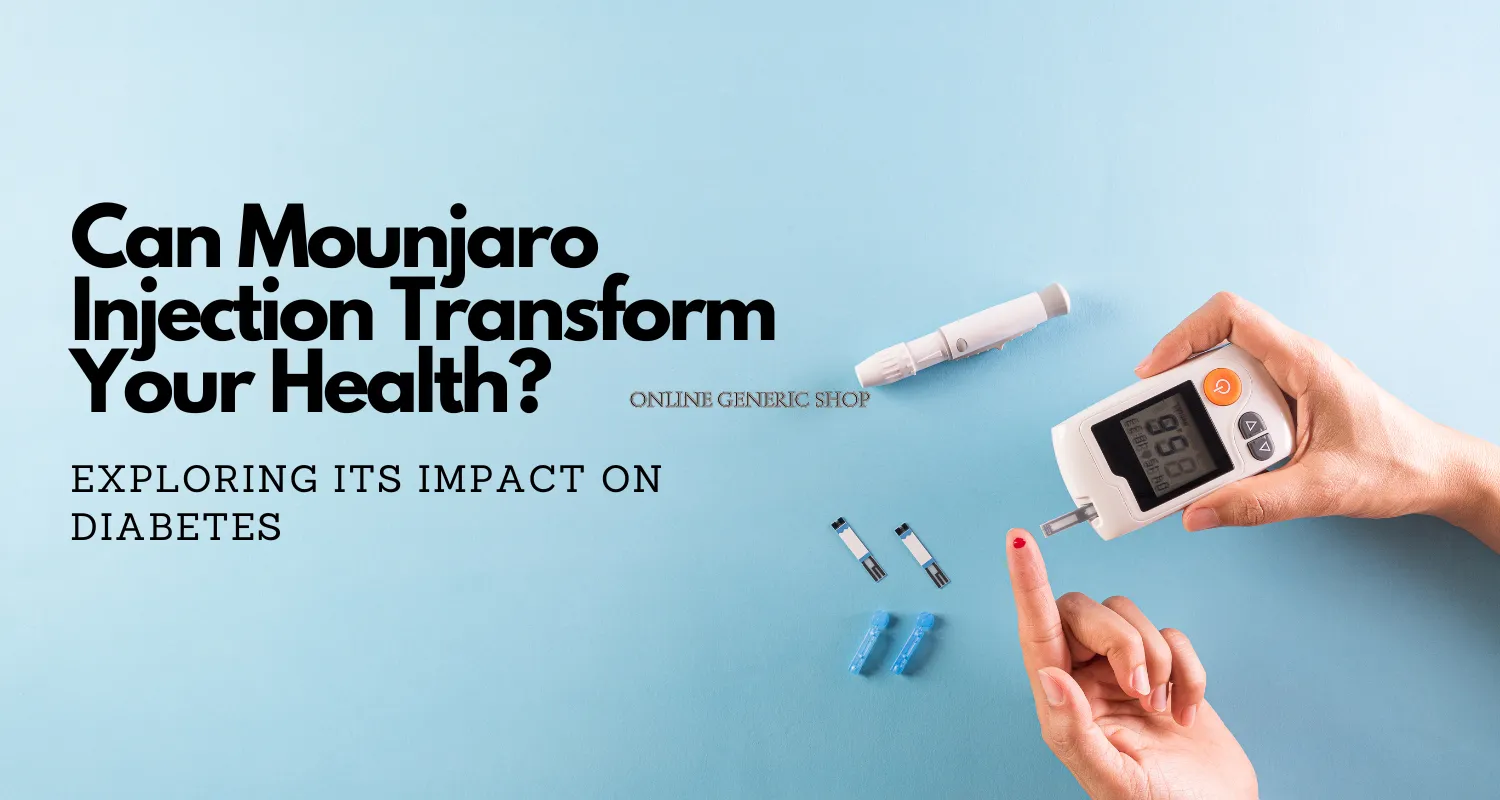The Best Vitamins for Hair Loss: What You Need to Know
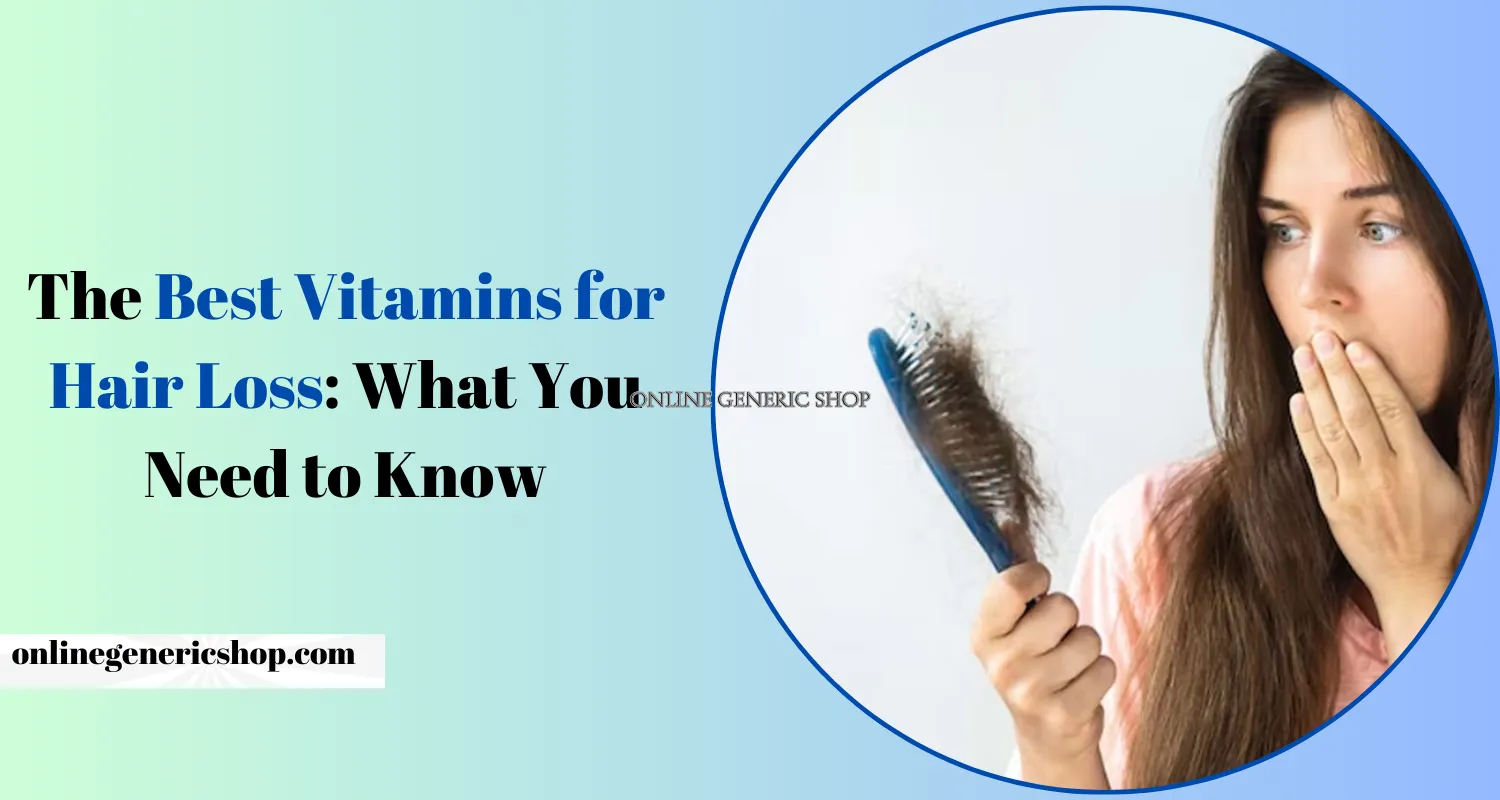
The Best Vitamins for Hair Loss: What You Need to Know
Hair loss is a common concern affecting both men and women, often caused by factors like genetics, stress, hormonal changes, or nutrient deficiencies. While various treatments are available, ensuring you get the right vitamins is a natural and effective way to support hair health. Here’s a comprehensive guide to the best vitamins for hair loss and how they work.
1. Vitamin DWhy It’s Important:
Vitamin D plays a vital role in hair follicle cycling and regeneration. A deficiency in vitamin D is linked to alopecia, a condition that causes hair thinning or patchy hair loss.
Sources:
- Sunlight exposure
- Fatty fish like salmon
- Fortified foods (milk, cereal)
- Supplements
Why It’s Important:
Biotin is essential for keratin production, the protein that makes up your hair, skin, and nails. A deficiency can lead to brittle hair and increased hair fall.
Sources:
- Eggs (especially yolks)
- Nuts and seeds
- Sweet potatoes
- Legumes
Why It’s Important:
Vitamin E is a strong cell reinforcement that diminishes oxidative pressure, which can harm hair follicles. It also improves scalp circulation, promoting healthy hair growth.
Sources:
- Nuts and seeds (almonds, sunflower seeds)
- Spinach
- Avocados
- Vegetable oils
Why It’s Important:
Vitamin C boosts collagen production, a critical component of hair structure. It also enhances iron absorption, which is crucial for preventing hair thinning caused by iron deficiency.
Sources:
- Citrus fruits (oranges, lemons)
- Strawberries
- Bell peppers
- Broccoli
Why It’s Important:
Although not a vitamin, iron is essential for healthy hair growth. Iron helps red blood cells carry oxygen to hair follicles, promoting strong and healthy strands. Iron deficiency is a leading cause of hair loss, especially in women.

Sources:
- Red meat
- Spinach
- Lentils
- Fortified cereals
Why It’s Important:
Zinc plays a role in hair tissue repair and the maintenance of oil glands surrounding hair follicles. A lack of zinc can prompt hair shedding.
Sources:
- Shellfish (oysters)
- Beef and chicken
- Pumpkin seeds
- Whole grains
Why It’s Important:
Vitamin A aids in the production of sebum, the natural oil that keeps the scalp moisturized and hair healthy. In any case, unreasonable vitamin A can prompted going bald, so control is critical.
Sources:
- Sweet potatoes
- Carrots
- Spinach
- Kale
Why It’s Important:
Omega-3 fatty acids are not vitamins, but they nourish hair follicles and reduce inflammation that could contribute to hair loss.

Sources:
- Fatty fish (salmon, mackerel)
- Walnuts
- Chia seeds
- Flaxseeds
- Balanced Diet: Focus on whole, nutrient-dense foods to ensure you’re getting a mix of these essential vitamins.
- Supplements: If you struggle to meet your needs through diet alone, consider high-quality supplements. . Counsel a medical care proficient prior to beginning any new enhancement routine.
- Hydration: Staying hydrated is crucial for overall scalp and hair health.
While vitamins play a crucial role in hair health, hair loss can also stem from underlying medical conditions, such as thyroid issues or hormonal imbalances. If hair loss persists despite improving your nutrition, consult a dermatologist or healthcare provider for a thorough evaluation.
Final ThoughtsHealthy, strong hair begins from within. Ensuring you’re getting the right balance of vitamins and minerals can significantly impact hair health and reduce hair loss. Pair these nutrients with proper hair care practices and lifestyle changes to maximize results.
